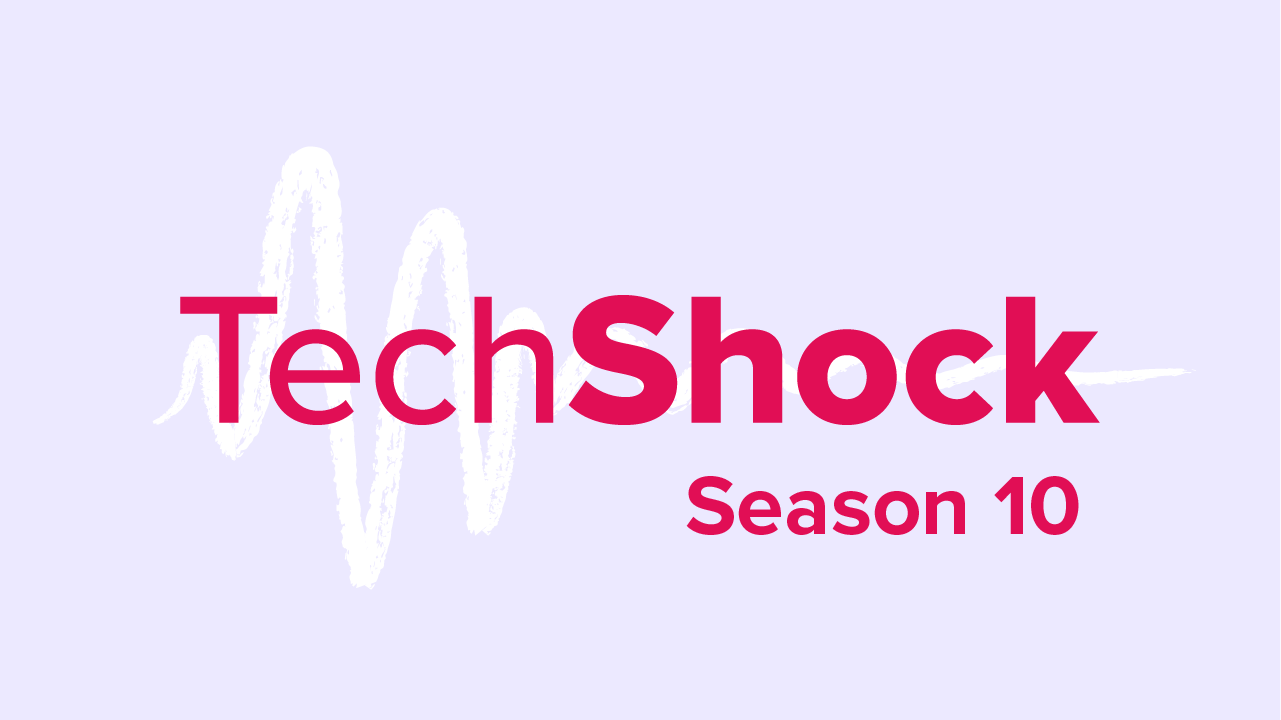The Tech Shock podcast – violence against women and girls: what’s needed for change?
"You can't just ignore technology. It's not going to help. What we really want to do is make it work for us – and we can make it work for us. [...] Also, what we know about young people is, if you take something away, they will still find a way to access it – you just won't know about it."
Easily accessible tech like generative AI can facilitate non-consensual nudification, hate speech policies on popular platforms are becoming watered-down and content that is deeply misogynistic remains amplified by algorithms and profitable for those peddling it.
With all this in mind, it’s obvious there’s a need to comprehensively respond to online violence against women and girls.
But where does the solution lie? Online safety tools often put the onus on the victim to protect themselves from harassment. New cyberflashing and deepfake offences may do little to dissuade those who think objectifying women is ‘fine’. Similarly, improved media literacy skills of young men and boys might, in the end, do little to unravel a wider culture where abuse is seen as acceptable.
In this episode, Vicki is joined by psychology professors and co-leads at the Centre for Protecting Women Online, Rose Capdevila and Lisa Lazard. Together they’ll be undertaking the difficult (and long overdue) discussion on the topic of violence against women and girls – including how we might begin tackling it.
You can listen to the episode in full, here.

